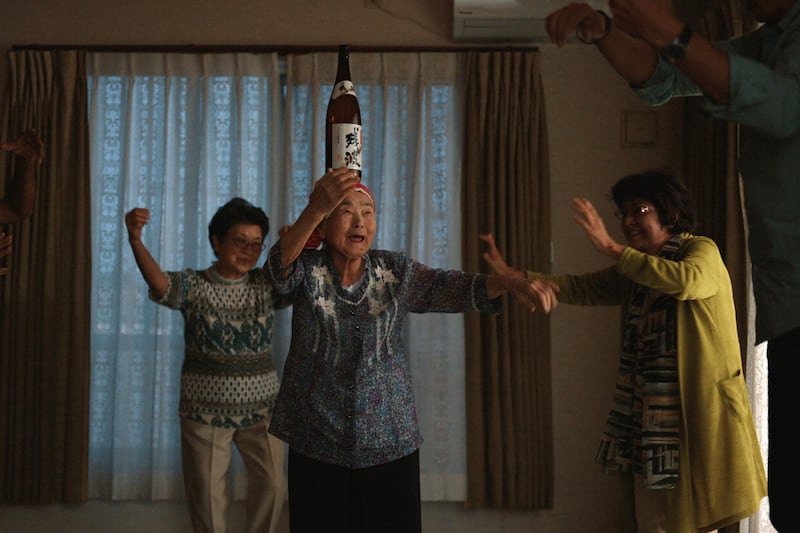Putin vs The West, BBC 2 and iPlayer
WE learned many things from Putin vs The West, but probably the principal one is that we take the world’s liberal democracies for granted.
They made many mistakes in their dealings with Russia and could have done a better job of being clear to Putin that his actions would have consequences, but without the US, the EU and the other countries we group together as ‘the West’, who would challenge the despots?
When the American hegemony finally ends, although that seems a long way off, a world dominated by China and her allies will look very different.
Documentary maker Norma Percy, who must have the best contacts book in journalism, has again collected an array of world leaders to give us an inside view of how we ended up with the first nation-upon-nation war in Europe since 1945.
Former EU president Jose Manuel Barroso, David Cameron, Volodymyr Zelenskyy, former French president Francois Hollande and Theresa May are among a star-studded cast which also includes former Ukrainian presidents, senior advisers to Barack Obama and a series of European foreign ministers.
There’s certainly an aspect of these former leaders defending their actions and inaction in the last decade, but also insight into a sequence of events with ended with Putin thinking he could get away with invading Ukraine.
The miscalculation has led to the deaths of many thousands of Ukrainians and Russian soldiers, threatened food and fertiliser supplies, created an energy crisis and contributed to the highest global inflation in five decades.
Putin has some support from Iran, China, India and South Africa, but is isolated from the rest of the world and it’s difficult to see a resolution to the conflict in the medium-term.
Percy’s three-part documentary opens with the collapse of a proposed trade deal between the EU and Ukraine in 2013.
The then Ukrainian president Victor Yanukovych was ready to agree the deal but pulled out while at the signing summit in Vilnius.
The EU was floored when Yanukovych all but admitted that he had come under pressure from Russia.
The fallout would lead to invasion and war.
The Ukrainian people were outraged at the collapse of the EU deal. Hundreds of thousands took part in street demonstrations over three months and a violent response from the security forces left more than 100 dead and Yanukovych fleeing to Russia.
This led to Putin claiming Ukraine had been taken over by “far right extremists” and that he needed to protect Russian-speaking residents.
Russia invaded Crimea in March 2014 and gave covert support to anti-Kyiv forces in eastern Ukraine.
And the response? Essentially the world’s democracies did nothing. Putin was removed from the G8 and isolated on the world stage, but the EU could not agree on punishing sanctions, particularly on energy.
The US felt that the EU should take the lead and while it targeted a number of individuals close to Putin with economic sanctions, it was a limited response.
Next, the battleground moved to Syria where after the tribulations of Libya, the West decided not to directly intervene and the gap was filled by Putin’s Russia.
The West again backed down when the Assad regime poisoned its own citizens, crossing the ‘red line’ set out by Obama.
David Cameron lost a vote in parliament to support air strikes and Obama took a last-minute wobble and once again Putin was reassured that the West was all bark and no bite.
But it’s hard to be overly critical of western leaders who would have had to sell to their electorates a decision to begin a conflict with a major power and trading partner.






